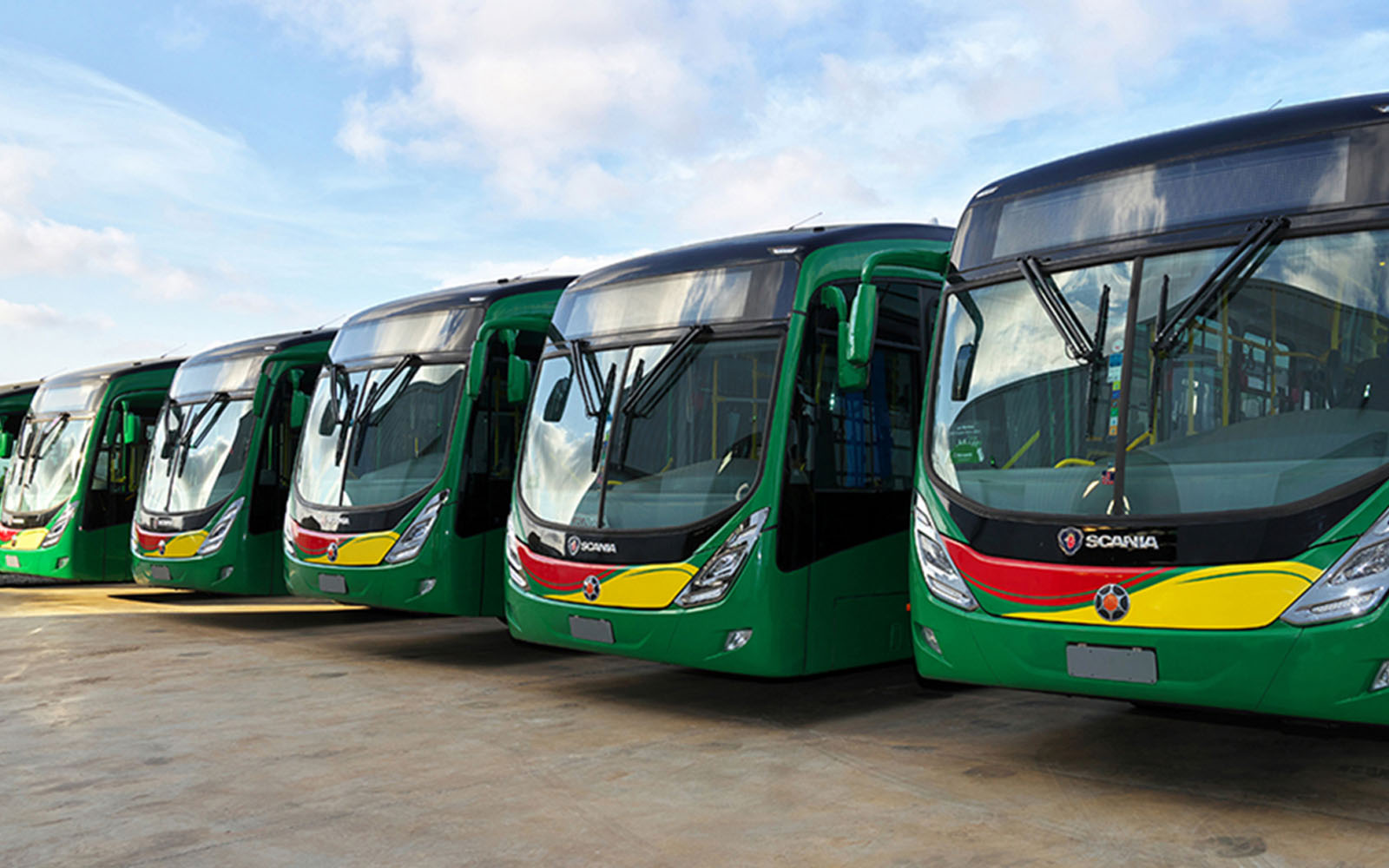Introduction
Hopefully, this is the last episode of the series on how technology is changing the face of transportation and logistics in Nigeria. Over the last few weeks, I have been writing about how Tech is playing a significant role in the evolution of the Nigerian transport and logistics ecosystem.
I started with ride-hailing, where I wrote about Nigeria’s first attempt at Uber (Easytaxi) and how (or why) it failed, wrote about GoMyWay, current incumbents (Uber) and Taxify, as well as a new entrant (ProTaxi). I also wrote about bike hailing and how the model evolved from e-commerce logistics and delivery infrastructure (ACE), then MaxGo and now Gokada.
Last week, I profiled businesses in the trucking and logistics vertical, described how technology is making that space a lot more efficient, by increasing the earning power of truck drivers, making goods track-able, and improving insurance penetration; all ensuring that manufacturers can focus squarely on their production and marketing, while “tech” handles distribution and logistics.
Today, I will be writing more about the incumbents and how they are reacting and sometimes leading the drive for innovation within the transport and logistics sector in Nigeria. I will focus on interstate travel, especially how the incumbents have tweaked their business models to suit the demands of their customers.
The Problem
Interstate travel has indeed been a tough nut to crack. I recall my first experience with long distance interstate travel by bus. It was a really bad experience for me. I was to commence my NYSC program in Abia State, and find my way to Umuna Bende from Lagos. To cut the story short, I boarded a wrong bus at Ojota (I should have gone to Jibowu). We spent a better part of our journey at Ore and ended up not getting to Umuahia the same day. We had to pass the night in Asaba (on the road, not hotel) and continued the journey the following day.
On my second journey from Lagos to Umuahia, I went to the correct park, but had to struggle with touts working for their paymasters. Several options abounded, but I had to find the bus going my way. Many transport companies just want to pick passengers, irrespective of their destinations. I forgot to mention, the bus I boarded on my first experience was not going to Umuahia, but to Onitsha. So, I had to figure out my way from Onitsha to Umuahia.
The chaos in the interstate segment of Nigeria’s transport ecosystem is palpable. There have been many attempts at restructuring the space using technology, but a large number of those initiatives have failed. I sincerely believe that competitive tension within the interstate vertical will drive innovation from within.
That said, I will be profiling a few incumbents and new entrants trying to reshape the Nigerian interstate transport experience; they include God is Good Motors (“GIGM”), and Alakowe Bus.
God is Good Motors (“GIGM”) and God is Good Logistics (GIG Logistics): GIGM.com is a member of the GIG Group and is reputed to be the most technologically driven road transport company in Nigeria. Over the years, GIGM has moved from being a traditional transport company to a technology-driven one.
One of the major milestones for the business was when it changed its fleet providers to Mercedes and introduced online booking and check-in (just like the airlines). With GIGM, commuters can choose and reserve their seats within the vehicle. GIGM is also reputed for keeping to departure times (At least, those can be controlled).
Currently, GIGM has also launched its full-scale logistics platform similar to ACE logistic called GIG Logistics. This business began from the traditional route of moving parcels from one location to another leveraging its bus routes. Now, through GIG Logistics, the company can perform last mile deliveries rather than the traditional pick-up locations.
GIGM is based in Benin City and it is an example of a well-run family business, as the board is filled with individuals with the same surname (Maybe that’s a red flag).
Other players in the same industry are updating their platforms and service offerings as well, but GIGM appears to be best in the class.
Alakowe Bus: This, on the other hand, started as a new entrant, with a shorter interstate travel offering (Lagos to Ibadan). It hopes to crack the chaos at motor parks for shorter trips. Similar to flight bookings and seat reservations, Alakowe Bus provides its commuters with such comfort of planning their trips. Have you ever been at the park for hours waiting for the bus to be filled before departure? Alakowe bus takes care of that.
People who have used their services also note that the company’s staff are courteous and very professional. The buses have speed limits, hence commuters would not worry about rogue drivers.
In recent times however, Alakowe bus appears to have pivoted off the model described above, to operating a booking only service, where commuters can hire the bus for a specific period. I suspect that the retail focus was not an optimal use of the buses, as the bus would have to move irrespective of the number of commuters.
Since the cost of operating the bus is fixed, Alakowe had to figure out the best way to drive adoption of its retail service. But in the interim, the company will require that commuters hire the bus and are charged for the use of the bus, rather than for the seats in the bus.
Other Opportunities
Travel Insurance – I believe the current insurance model for travel is largely flawed. This segment needs to be fixed to ensure that commuters are fully covered in event of any road accident.
Financial Management – Most informal drivers within the interstate segment earn daily revenues. I am imagining digitizing the thrift contribution for these drivers and conductors to ensure that they are forced to save a portion of their daily income.
Park Management – Is there a way to coordinate the parks in a more transparent manner, so that every bus and every trip is accounted for?
Conclusion
It’s been a rewarding few weeks. Next week, I hope to write on a completely different topic within the technology space.
Happy Entrepreneuring
@AremoFisayo
























Nice write up